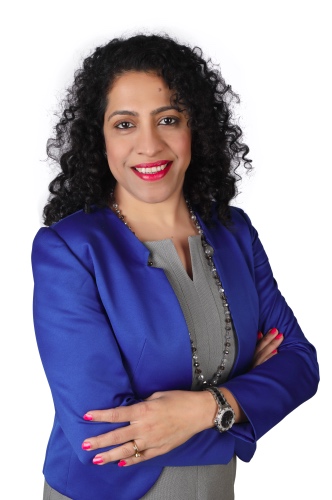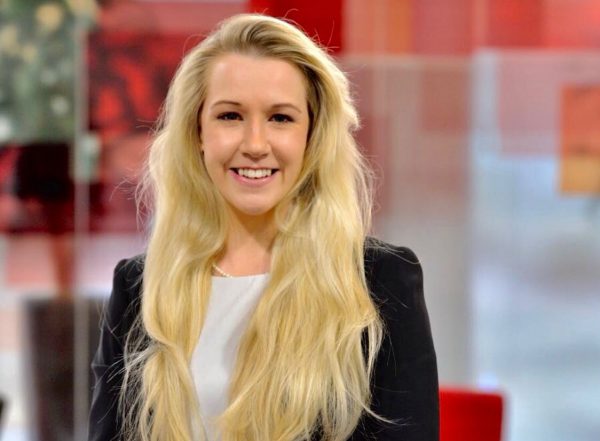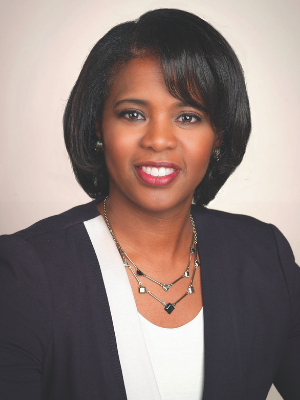 “I’ve spent my career helping companies grow in a way that takes advantage of disruption and new trends,” says Marie Carr.
“I’ve spent my career helping companies grow in a way that takes advantage of disruption and new trends,” says Marie Carr.
From back when the internet seemed like an insecure and unproven place to do business to Artificial Intelligence (AI), Carr helps companies determine how to grow, particularly by taking advantage of technological changes that redefine customer interactions.
“People now want you to understand them,” Carr says of the client mindset: “I need you to understand me and frame things based not on what you want to sell me but on my unique needs.”
Carr champions adoption of new technologies that can help companies create better experiences for their customers, as well as actionable data that facilitates those positive experiences.
But what’s led Carr to where she is now and how has it related to her choice of careers? She cites motivation, how faith supports her, and how to find and respond to mentorship moments.
A Motivating Mission
“I went to business school to become a better entrepreneur,” says Carr, who decided early on to get her MBA at University of Chicago Booth School of Business.
She soon began to receive feedback that she’d make a great management consultant and realized that interning at a consultancy could support her education. She joined Diamond Technology Partners for a summer and twenty-five years later, long after PwC acquired the firm in 2010, she still loves where she is.
“I’ve been very blessed to work with leadership whose mission I believe in,” she says. “It’s easier to stay when you’re working with leaders who are building a culture that’s consistent with your values.”
She was initially inspired by Diamond founder Mel Bergstein’s vision in “forging a new path.” At the time, it was “unheard of” for a firm to grow to become publicly traded so that employees could own their own stake in it.
“To be able to work in something that you’re good at with like-minded people that also have a mission of greater good,” says Carr, “was a rare combination.”
With PwC, Carr found a new mission—to help build the advisory practice and ensure that what “was excellent about Diamond became part of PwC’s DNA.”
“Ten years later, folks who were younger consultants are coming into leadership positions and living those values,” says Carr. “It’s been a good journey.”
Overcoming Adversity and Keeping Faith
Carr feels her parents and faith instilled within her the ability “to never let temporary circumstances determine what your ultimate success is going to be.”
“Whatever adversity you have to overcome, overcome it,” says Carr, describing her parent’s motto, who both experienced tough challenges in childhood. “You can’t let the fact that there may have been discrimination stop you,” she says.
Raised in faith, Carr learned to trust in a greater power, which has enabled her to be comfortable in herself and have less anxiety than some in a high-pressure field.
“It’s not just about my own ability. I have confidence in and the ability to appeal to a force higher than myself. That’s helped me to be more patient, to put myself in other’s shoes, to not be so hard on myself,” says Carr. “You have to be able to center yourself, because you’re often going to find yourself in an environment that’s not going to affirm you. So, the ability to affirm yourself is really useful.”
Learning from Everyone
“I’ve learned a lot through observation. I’m very much a student of everyone. My dad taught me that ‘even the village idiot can teach you something’,” she says. “As I got older, I learned not to rush to judgment but instead ask, how do I learn from who I’m interacting with?”
She continues, “I’ve also found that people are very generous in helping you if you help yourself. Lots of people have given me advice in the moment, so I became good at getting feedback without being sensitive or defensive,” she says. “I’ve tried to learn from everyone, because there are a lot different paths to success.”
As she’s moved through her career, Carr has realized that she hasn’t always been aware of who’s advocating for her. As a result, she makes a conscious effort to advocate for others who she feels deserve a voice in the room.
Playing sports, particularly basketball, helped shape Carr’s approach. Being on a nationally ranked basketball team in high school meant being open to coaching and learning to do things differently to improve.
“Basketball is a team sport that really requires everyone to be able to fluidly move in and out of roles, that ability to adapt,” says Carr. “It has made me always look for what I could do to draw out the best of someone I’m working with.”
Leave It Better Than You Found It
Coming from a long line of ministers and pastors, Carr approaches management consulting as part of fulfilling her desire to serve.
Her mother advised her to always invest in people. For her, helping companies to grow and adapt is about affecting all the people who depend on the work to support their lives and families. She enjoys helping people and companies reach their highest potential.
Carr has run a financial summer camp on wealth empowerment and financial literacy for several years now, working in the community with younger generations to envision their possibilities.
“We’re accountable to making a difference in the world, says Carr. “You have to leave it better than it was when you got here.”
By: Aimee Hansen

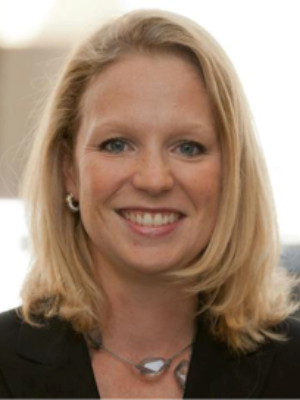
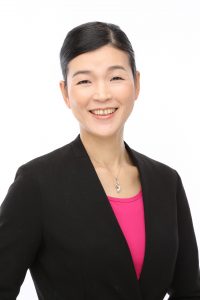 by Cathie Ericson
by Cathie Ericson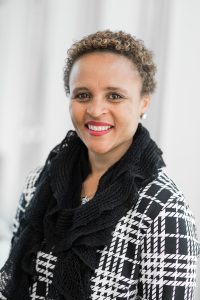 Looking back over her career, PwC’s Busisiwe Mathe says she wishes she had been as comfortable in her own skin when she first started as she is now; however, she understands that acquiring that confidence is all part of growing.
Looking back over her career, PwC’s Busisiwe Mathe says she wishes she had been as comfortable in her own skin when she first started as she is now; however, she understands that acquiring that confidence is all part of growing.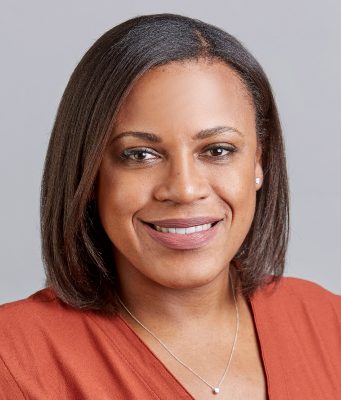 For PwC’s Jeanelle Johnson, it’s the experiences gained from taking on new challenges and living overseas which have made her career path so rewarding.
For PwC’s Jeanelle Johnson, it’s the experiences gained from taking on new challenges and living overseas which have made her career path so rewarding. “My proudest achievement is that I have grown my entire career from grass roots level, with fearless determination.” says PwC’s Sunaina Kohli.
“My proudest achievement is that I have grown my entire career from grass roots level, with fearless determination.” says PwC’s Sunaina Kohli.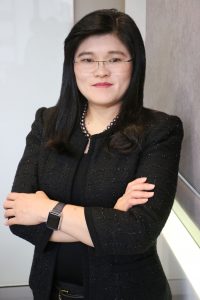 Speak up; share your aspirational goals; and pursue your ambitions, advises PwC Thailand’s Vilaiporn Taweelappontong.
Speak up; share your aspirational goals; and pursue your ambitions, advises PwC Thailand’s Vilaiporn Taweelappontong.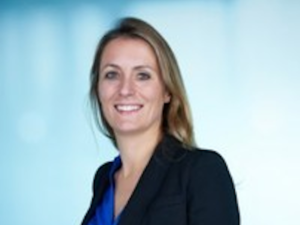 There is a famous book by the French Minister for European Affairs Nathalie Loiseau called Choisissez Tout (Choose Everything), where she underscores that women don’t have to make sacrifices. There is no standard in life: You don’t have to be ambitious
There is a famous book by the French Minister for European Affairs Nathalie Loiseau called Choisissez Tout (Choose Everything), where she underscores that women don’t have to make sacrifices. There is no standard in life: You don’t have to be ambitious 